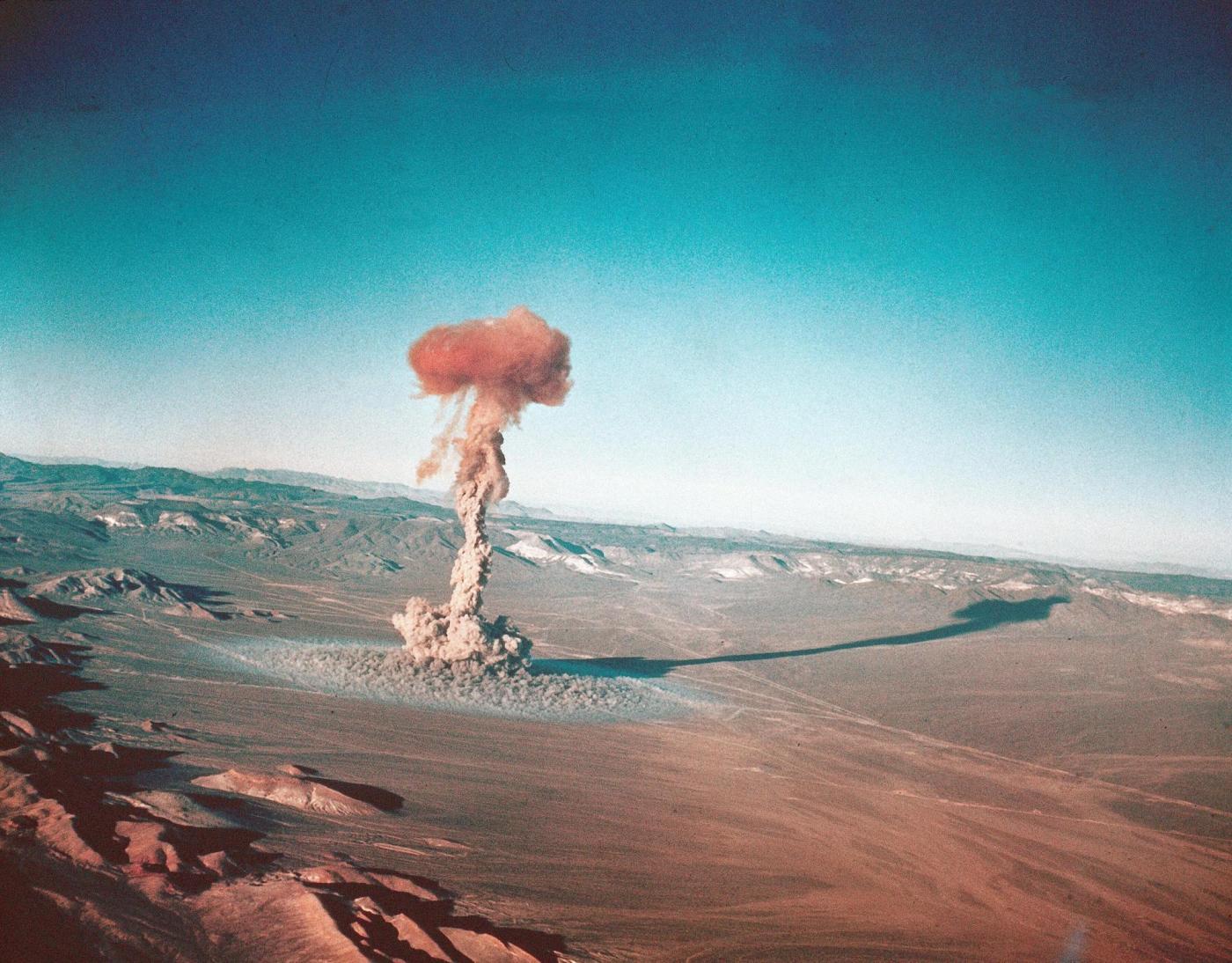Torbjörn Törnqvist, a prominent figure in the oil trading sector, has finalized a significant acquisition of Lukoil’s overseas operations. This deal comes shortly after the Russian oil producer faced stringent sanctions imposed by the United States, which have severely impacted its international business dealings.
Törnqvist’s company, Gunvor Group, has entered into an agreement to purchase Lukoil’s foreign assets, a move that could reshape the landscape of the global oil market. The transaction, valued at approximately $1 billion, signifies a strategic shift in Lukoil’s operations, which have been under pressure due to geopolitical tensions and economic restrictions.
Strategic Implications of the Acquisition
The acquisition allows Gunvor Group to expand its portfolio significantly while taking advantage of Lukoil’s established presence in various international markets. Lukoil, which has historically been one of Russia’s largest oil companies, has seen its operations curtailed in many Western countries due to sanctions following Russia’s military actions in Ukraine.
Törnqvist’s timing appears calculated, as the sanctions have created opportunities for savvy investors willing to navigate the complexities of the current geopolitical climate. The billionaire trader, known for his astute business acumen, aims to leverage Lukoil’s existing contracts and infrastructure to enhance Gunvor’s operational capabilities.
According to industry analysts, this acquisition could provide Gunvor with access to key markets in Europe and Asia, where Lukoil has established relationships. The deal also underscores a growing trend among investors seeking to acquire assets from companies facing operational challenges due to political pressures.
Impact on the Global Oil Market
As Törnqvist integrates Lukoil’s operations into his own, the broader implications for the oil market remain to be seen. The acquisition could lead to fluctuations in oil prices, particularly if Gunvor successfully re-establishes Lukoil’s presence in previously restricted markets.
Market observers note that Törnqvist’s history of negotiating successful deals positions him well to navigate the complexities of international oil trading. His firm has previously managed to secure lucrative contracts despite market volatility, suggesting that he may be able to revitalize Lukoil’s operations effectively.
While the full details of the acquisition are still emerging, Törnqvist’s bold move signals a willingness to take risks in an uncertain environment. This strategy has the potential to yield substantial returns, especially as global demand for oil continues to rebound post-pandemic.
In summary, Torbjörn Törnqvist’s acquisition of Lukoil’s overseas assets marks a pivotal moment in the oil industry. As geopolitical dynamics evolve, the impact of this deal will likely resonate across markets, influencing both pricing and supply chains in the months to come.







